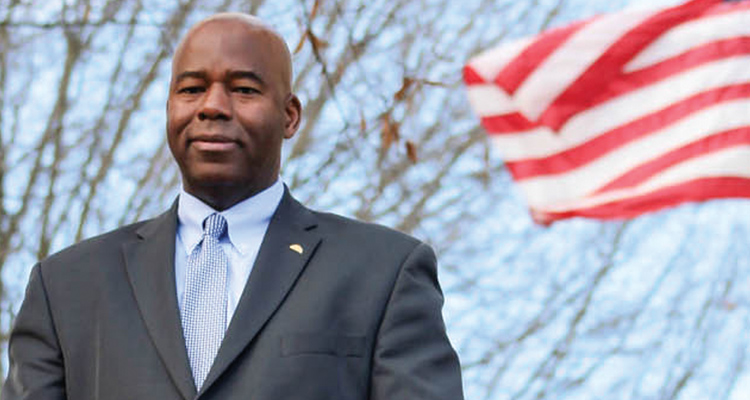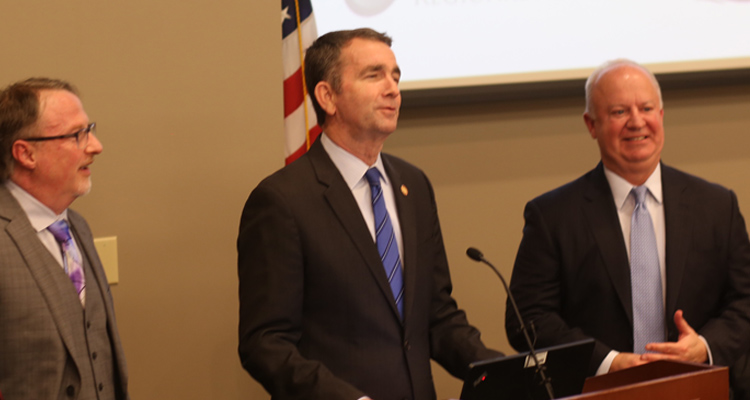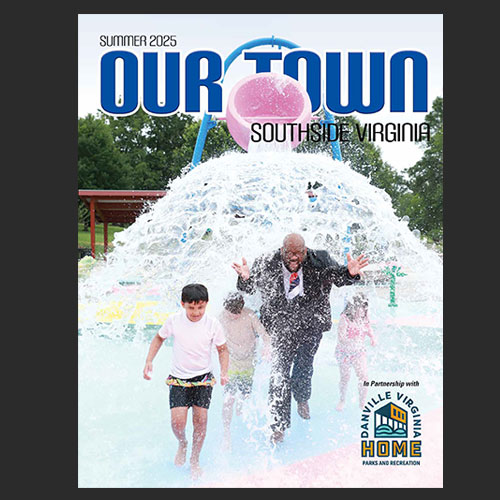As I continue to contemplate the significance of Virginia’s Accountability and Accreditation System, I am compelled to consider the knowledge and skills a high school graduate should possess. My perspective is based on my own observations as a highly seasoned school leader. While I am fortunate to have had the opportunity to study extensively as a college student, I am convinced that many of my non-academic skills (soft skills) are the basis for my own success in this journey called life.
Personally, I do not perceive myself to be any more intelligent than those in my family or those with whom I interacted during my formative school years. In fact, the most intelligent person I have ever known in my life was my dear father who earned a GED in his teen years. Additionally, the challenges of my own life and that of my three siblings were not nearly as complex as those faced by my parents – both of whom were born and reared in the segregated South in tumultuous times. Stated differently, I have learned that who I am is as important as what I know.
As I reflect on what I will term “life skills” I am convinced that learning to read, write, multiply, and think, while important for school and life, are no more or less important than other qualities and skills. Success in life requires more than reading, writing, and academic proficiency. It also requires qualities and skills such as empathy, self-control or self-discipline, ethics and integrity, and grit (fortitude). These are the qualities that have sustained me during the most challenging circumstances in life.
As I think about the state of affairs in our schools and community, I believe the opportunity to build both academic skills and life skills has never been more important than now. Noted teacher, author, and principal, Thomas R. Hoerr (2017), suggests that school report cards should include personal intelligences such as confidence, motivation, problem solving, responsibility, effort and work habits, appreciation of diversity, and teamwork (p. 5). Unfortunately, Virginia’s Accountability System does not take into account any qualities unrelated to academic success. However, the Board of Education has heard from students, families, and educators that earning a high school diploma should be about more that passing a prescribed series of courses or tests.
The board has heard from colleges, businesses, and the military that graduates need skills and attributes such as critical thinking, creative thinking, communication, collaboration, and citizenship to be successful in life. In recognition that the current SOL-driven accountability system is too reliant upon End-of-Course tests, the VDOE has developed the Profile of a Virginia Graduate.
The Profile of a Virginia Graduate describes the knowledge, skills, experiences, and attributes that students must attain to be successful in college and/or the work force and to be “life- ready” in an economy and a world characterized by rapid change. The board has determined that a life-ready Virginia graduate must:
- Achieve and apply appropriate academic and technical knowledge (content knowledge);
- Demonstrate productive workplace skills, qualities, and behaviors (workplace skills);
- Build connections and value interactions with others as a responsible and responsive citizen (community engagement and civic responsibility); and
- Align knowledge, skills, and personal interests with career opportunities (career exploration.)
Legislation passed by the 2016 General Assembly, requires that diploma standards aligned with the Profile of a Virginia Graduate become effective with first-time ninth graders in the fall of the 2018-2019 school year. In summary, the true measure of our success as a learning organization is how our students perform in life. School is just the beginning.








